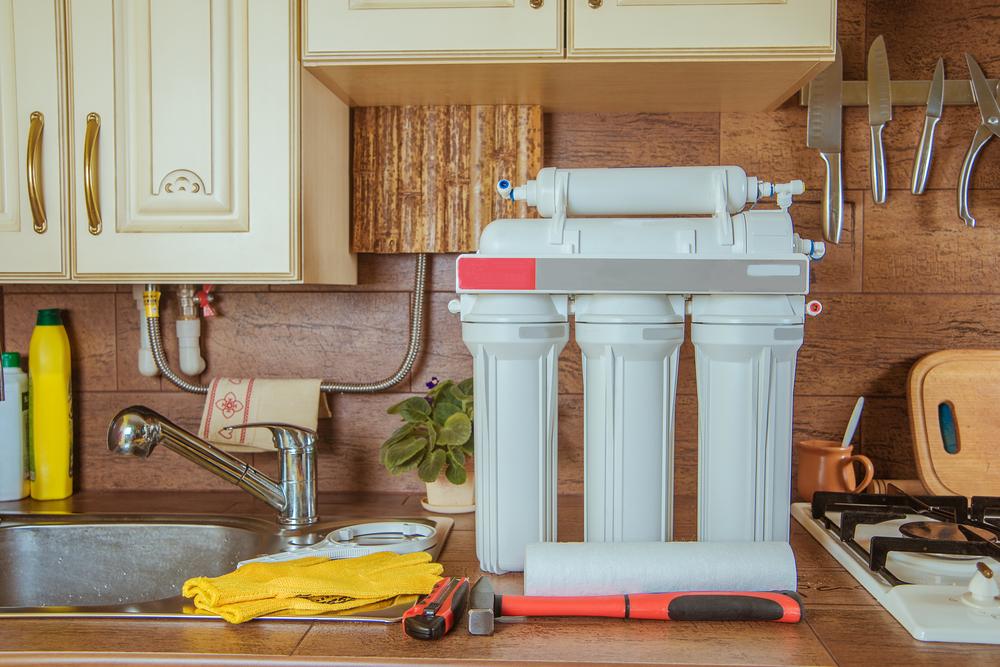Your guide to buy the best water softener systems
Hard water can be a problem for your kitchenware and clothes if you do not have a water softener system. It can also be bad for your skin and hair and even the appliances you own. The hard water can leave scaling in appliances that use water like electric kettles, steam irons, coffee makers, etc.
Hard water can also leave scaling inside your pipes making it clogged, damaged and corroded over time.

If you are looking for water softener system but know nothing about water softener systems, here is some information that can help you in your purchase process.
Flow rate of the softener system
This is one of the specifications that you need to look at in water softener systems to help you gauge whether it will suit your appliances or not. The flow rate is the measurement of how fast the system can soften the water for you. The flow rate is mostly measured in gallons per minute. The required flow rate should be determined, keeping in mind the average household use of water. Get in touch with the local water district body if you are not sure how much water does your household consume on a regular basis
Softening capacity of the softener system
The water softening capacity of water softener systems is mostly measured in grains per gallon and helps you determine whether it can handle the hardness of the water from your home. If you are not sure about the hardness of the water, you can always get a water test kit from the market. The water test kit lets you check the hardness of the water.
There are many water softener systems that come with a free evaluation of the water from the manufacturer. This will help you decide whether a particular softener system can work for you. Water with a rating of 1 grain per gallon is considered soft while water with a rating of 7 grains per gallon indicates hard water. If you have hard water, then a salt based model can offer you the best-softened water as compared to the other saltless water softener systems that are more suited for less hard water.
Maintenance Requirements of the Softener System
Every water softener system available in the market will require some or the other kind of maintenance at regular intervals. The kind of maintenance also differs based on the kind of water softener system. For non-salt based systems, you will have to consider the cost of replacing the filters at regular intervals. While for the salt-based water softener systems, you will have to consider costs for two things. The first is the cost of replacing or adding the salt into the system at periodic intervals and the second is the cost of the power that will be used for the regeneration. Salt-based water softener systems also require you to remove the salt masses regularly.
Your budget is another factor that will determine the kind of water softener you will choose. Make sure you find out the hardness of the water beforehand to help you choose the most effective water softener systems for your home. There are portable water softeners also available in the market that can be used in recreational vehicles for those who love to travel. Apart from salt and non-salt based water softener systems, there are some other alternatives as well which are worth exploring.